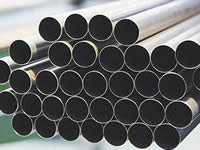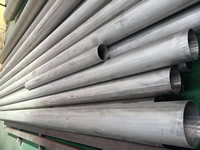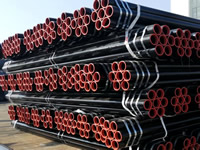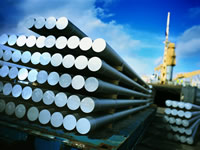China Rushes to Strike Balance Between Steel Production and Demand by 2017

China will accelerate reforms in its overly invested iron and steel sector to bring it back to a balanced level by 2017, said the Ministry of Industry and Information Technology. Overcapacity has plagued China since the global financial crisis in 2008.
Rapid expansion in the iron and steel sector with little regard for real market demand caused many small steel companies to go bankrupt and had some large producers struggling to keep afloat.
The China Iron and Steel Association (CISA) pointed out that economic slowdown and structural adjustments dampened the need for steel.
As demand continued to shrink and signs of overcapacity became more apparent, the government in 2013 vowed that it would slash production by 80 million tons by 2017.
Estimates for steel’s global overcapacity vary from 300 to 600 million tonnes, with almost half coming from China. Steel exports from China reached record highs in 2014, with a good percentage reaching the U.S. and causing a negative impact on American steel firms.
In 2014, China eliminated 31.1 million tons of steel smelting, although it still produced 823 million tons of crude steel in 2014, accounting for over 50 percent of the world’s total output.
China also seeks to speed up the merger and acquisition process to create three to five major steel producers by 2025. The plan was also meant to have the 10 largest steel companies account for no less than 60 percent of total output.
The plan also aims for a production capacity utilization of more than 80 percent.
Analysts estimate that a ratio below 80 percent hurts the steel play’s profitability.
The ministry also seeks to perfect market access and create exit rules to eliminate excessive production.
XINSTEEL INFORMATION

 +86 371 55057610
+86 371 55057610  inquiry@xsteelplate.com
inquiry@xsteelplate.com








 Tel:+86 371 55057610
Tel:+86 371 55057610  Fax: +86 371 5505 7611
Fax: +86 371 5505 7611